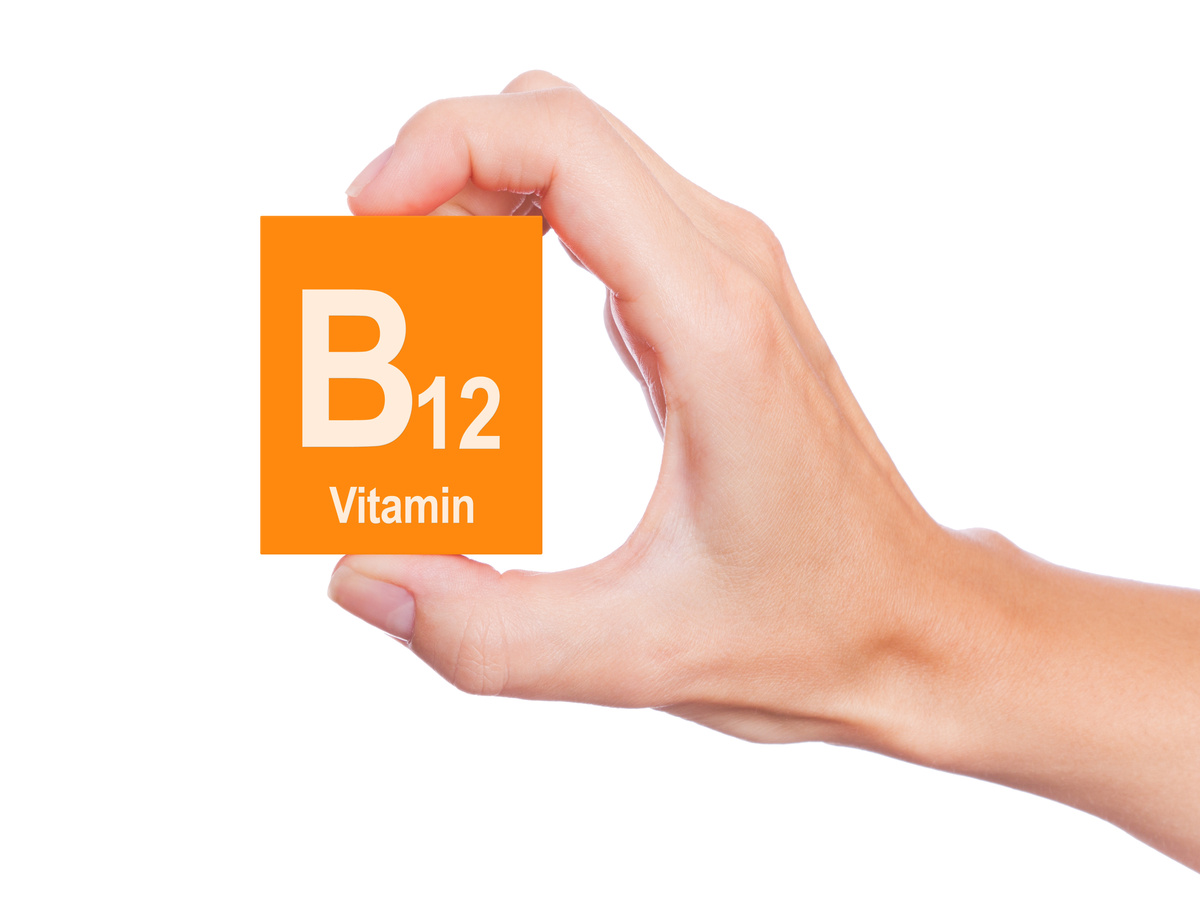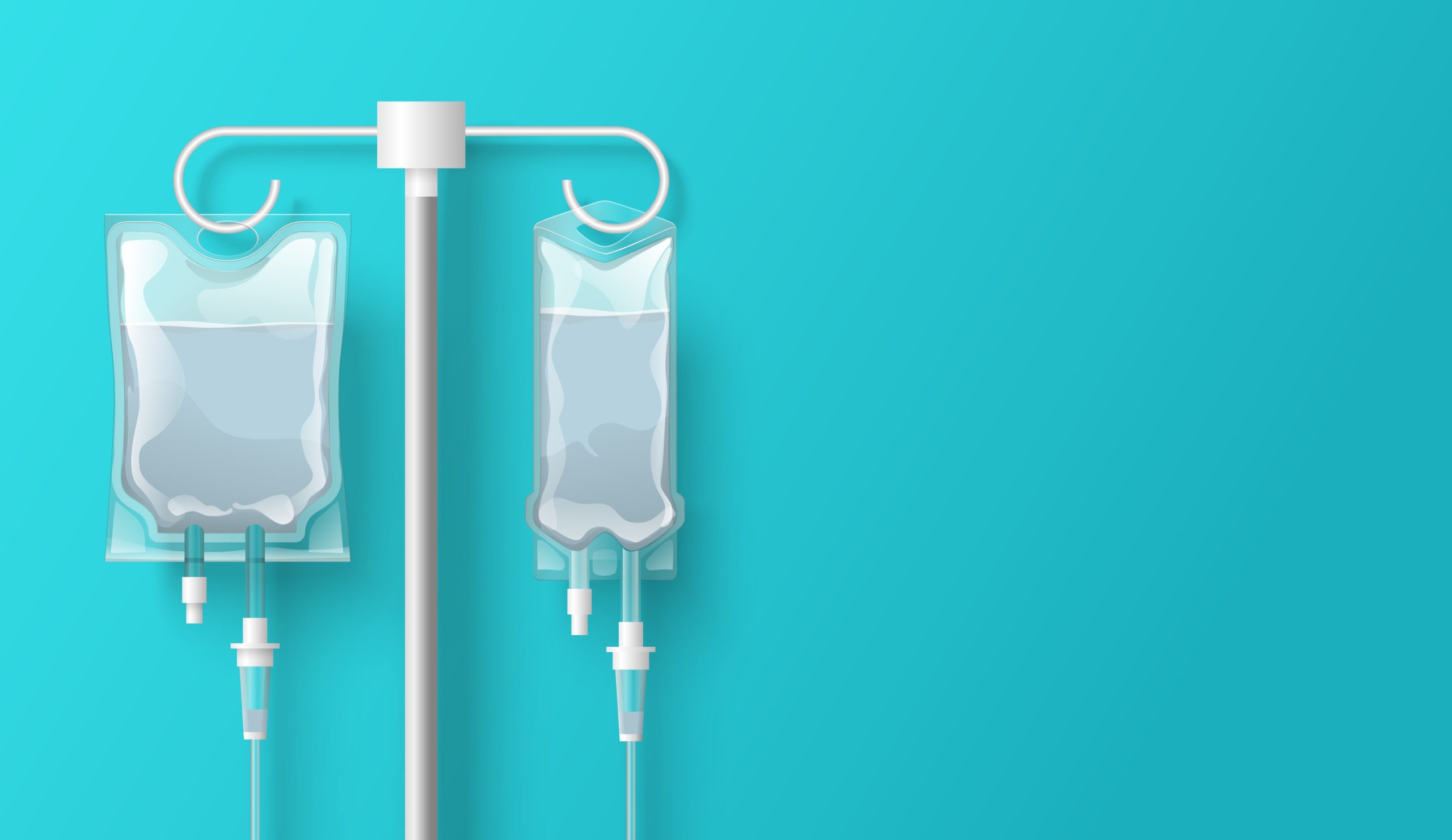IV Therapy
IV therapy, or intravenous therapy, is a medical procedure that involves the delivery of fluids, medications, or nutrients directly into a person’s veins through an intravenous line (IV). The IV line is typically inserted into a vein in the arm, hand, or sometimes the foot.
IV therapy is commonly used in hospitals, clinics, and other healthcare settings to provide various treatments and support to patients. Here are some common uses of IV therapy:
- Hydration: IV fluids are administered to replenish and maintain fluid balance in the body; this is especially helpful for dehydrated individuals due to illness, surgery, or inadequate fluid intake.
- Nutritional support: In cases where a person cannot consume food orally or has difficulty absorbing nutrients through the digestive system, IV therapy can deliver essential nutrients, vitamins, and minerals directly into the bloodstream, which is often done for patients with malnutrition, gastrointestinal disorders, or those recovering from surgery.
- Medication administration: Some medications are most effective when delivered directly into the bloodstream. IV therapy allows for the rapid and precise administration of drugs, including antibiotics, pain relievers, chemotherapy, and emergency medications.
- Blood transfusions: IV therapy is used to administer blood or blood products, such as packed red blood cells, platelets, or plasma, to patients who require transfusions due to severe anemia, bleeding disorders, or other medical conditions.
- Correcting imbalances: IV therapy can help restore electrolyte balances by providing fluids containing specific concentrations of electrolytes like sodium, potassium, calcium, and magnesium.
- Pain management: IV therapy allows administering pain medications directly into the bloodstream, providing faster relief for individuals experiencing severe pain.
Various kinds of IV Therapy
There are several types of IV therapy, each serving a specific purpose or delivering particular substances. Here are some common types of IV therapy:
- Normal saline (NS) or 0.9% sodium chloride: This basic IV fluid contains a balanced concentration of sodium and chloride. It is often used for hydration, to restore fluid balance, and as a vehicle for administering medications.
- Lactated Ringer’s (LR) solution: LR is another type of IV fluid that contains electrolytes, such as sodium, potassium, calcium, and lactate. It is commonly used for fluid resuscitation, to replace lost fluids and electrolytes, and to correct acid-base imbalances.
- Total parenteral nutrition (TPN): TPN is a specialized form of IV therapy that provides all the necessary nutrients a person needs when they cannot consume food or absorb nutrients through the digestive system. It typically contains carbohydrates, proteins, fats, vitamins, and minerals.
- Blood transfusion: IV therapy is used to administer whole blood or blood products, such as packed red blood cells, platelets, or plasma, to individuals who require a transfusion due to severe anemia, bleeding disorders, or other medical conditions.
- Antibiotic therapy: IV antibiotics are administered to treat severe or systemic infections that cannot be effectively treated with oral antibiotics. IV antibiotics allow higher concentrations of the medication to reach the bloodstream rapidly.
- Chemotherapy: IV therapy is commonly used for delivering chemotherapy drugs to cancer patients. The IV route allows direct access to the bloodstream, ensuring the medications reach the cancer cells efficiently.
- Pain management: IV therapy can administer pain medications, such as opioids or nonsteroidal anti-inflammatory drugs (NSAIDs), for acute or chronic pain management.
- Antiemetic therapy: IV antiemetic medications, such as ondansetron or metoclopramide, are given to control nausea and vomiting, especially in chemotherapy or post-operative patients.
- Electrolyte replacement: IV fluids with specific electrolyte compositions correct imbalances in sodium, potassium, calcium, magnesium, and other electrolytes.
Mint Meyers Cocktail Drip
Meyers cocktail is a type of intravenous (IV) therapy consisting of vitamins, minerals, and other nutrients. It was developed by the late Dr. John Myers, a physician from Maryland, and has gained popularity as a complementary therapy for various health conditions.
The traditional Meyer’s cocktail drip typically contains a combination of the following nutrients:
- Vitamin C: A powerful antioxidant that supports the immune system, promotes collagen production, and aids in detoxification.
- B vitamins: Including B1 (thiamine), B2 (riboflavin), B3 (niacin), B5 (pantothenic acid), B6 (pyridoxine), and B12 (cobalamin). These vitamins are essential in energy production, nervous system function, metabolism, and red blood cell production.
- Magnesium: A vital mineral involved in various biochemical processes, including muscle and nerve function, energy production, and bone health.
- Calcium: A mineral that is vital for healthy bones, teeth, muscle function, and nerve transmission.
- Other nutrients: Some variations of Meyer’s cocktail may include additional ingredients like zinc, selenium, copper, and various amino acids.
The Meyer’s cocktail drip is typically administered through an IV line, allowing the nutrients to enter the bloodstream directly for quick absorption and utilization by the body. Proponents of Meyer’s cocktail claim that it can provide benefits such as increased energy, improved immune function, enhanced mood, and relief from certain health conditions like chronic fatigue syndrome, fibromyalgia, migraines, and respiratory infections. Indeed, it’s a feel-good therapy!
When should you consider Mint Meyers Cocktail Drip?
The decision to consider a Mint Meyers Cocktail Drip, which is a variation of the traditional Meyers Cocktail with the addition of mint, should be consulted with a qualified healthcare professional. While the specific circumstances may vary, there are several situations where this type of IV therapy may be considered:
- Nutritional deficiencies: If you have been diagnosed with specific nutrient deficiencies, such as low levels of vitamins or minerals, a Meyers Cocktail Drip may be considered a means to replenish those nutrients directly into the bloodstream.
- General wellness and immune support: Some individuals may choose to receive a Meyers Cocktail Drip as a part of their wellness routine or to support their immune system. However, it is essential to note that the evidence supporting the use of IV nutrient therapy for general wellness or immune support is limited.
- Chronic fatigue syndrome or fibromyalgia: Some individuals with chronic fatigue syndrome or fibromyalgia may consider Meyers Cocktail Drip as a complementary therapy to help alleviate symptoms. However, scientific evidence for its effectiveness in these conditions is lacking.
- Migraines: IV therapy, including Meyers Cocktail Drip, has been explored as a potential treatment for migraines. Some individuals with migraines may consider this therapy if other treatments have been ineffective or if they experience severe or frequent migraines.
- Recovery from illness or surgery: In cases where a person is recovering from an illness, surgery, or physical exertion, Meyers Cocktail Drip may be considered to support hydration, provide essential nutrients, and aid recovery.
Get Meyers Cocktail Drip at The Mint IV Bar and contact them to experience the wonders of IV Therapy!




